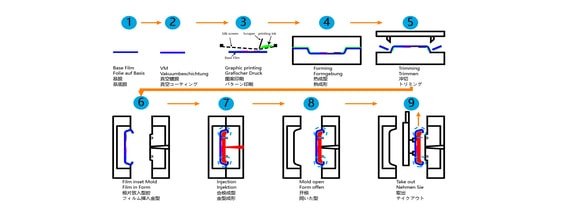Welcome to your ultimate guide to in mold decoration! Whether you’re a seasoned DIY enthusiast or a beginner looking to dip your toes into the world of home decor, this article is for you. With personal anecdotes and extensive research, I’ll walk you through everything you need to know about in mold decoration, its benefits, techniques, and how to get started.
What is In Mold Decoration?
In mold decoration (IMD) is a popular technique used in the field of home design and decor. It involves creating decorative elements directly within the mold of a space, often resulting in intricate and visually stunning designs. This technique not only adds character to your interiors but can also enhance the value of your property.
Benefits of In Mold Decoration
- Aesthetic Appeal: It enhances the beauty of your space with unique designs.
- Customization: You can create personalized designs that reflect your style.
- Durability: Designs created through IMD often prove to be more durable than traditional decorative methods.
Getting Started with In Mold Decoration
Materials Needed
Before diving into your in mold decoration project, gather the following materials:
- Mold or template for your design
- Resin or plaster
- Paint and decorative finishes
- Tools such as brushes, spatulas, and safety gear
Choosing the Right Mold
Your choice of mold can significantly impact the outcome of your decoration. Consider the following types:
- Silicone Molds: Highly flexible and reusable, great for intricate designs.
- Plastic Molds: Affordable and great for simple shapes but may not capture fine details.
- Custom Molds: For those looking to create unique designs tailored to their decor.
Techniques for In Mold Decoration
Step-by-Step Process
- Prepare the Mold: Clean and dry your mold thoroughly to ensure a smooth finish.
- Mix the Material: Prepare your resin or plaster according to the manufacturer’s instructions.
- Pour into the Mold: Carefully pour the mixture into your mold, filling it completely.
- Allow to Cure: Let the mixture set as per the recommended curing time.
- Demold and Finish: Carefully remove your piece from the mold and apply finishes as desired.
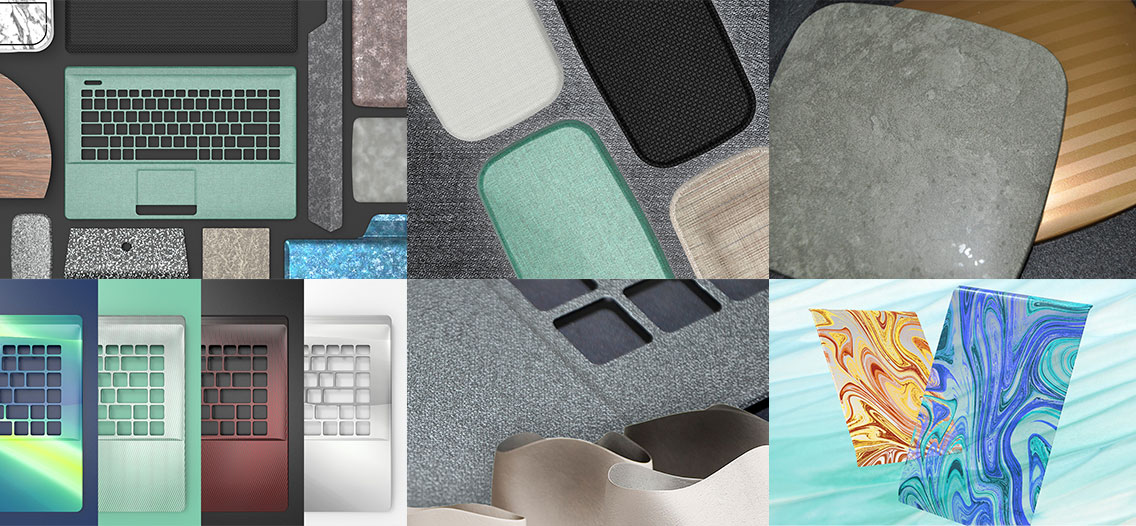
Creative Ideas for In Mold Decoration
Here are some inspiring project ideas for your in mold decoration:
- Accent Walls: Create eye-catching designs on a feature wall in your living space.
- Decorative Panels: Use IMD for decorative ceiling tiles or wall panels.
- Furniture Pieces: Enhance furniture with decorative moldings using the IMD technique.
Comparison of In Mold Decoration Techniques
| Technique | Durability | Cost | Skill Level |
|---|---|---|---|
| Plaster IMD | High | Moderate | Intermediate |
| Resin IMD | Very High | High | Advanced |
| Foam IMD | Moderate | Low | Beginner |
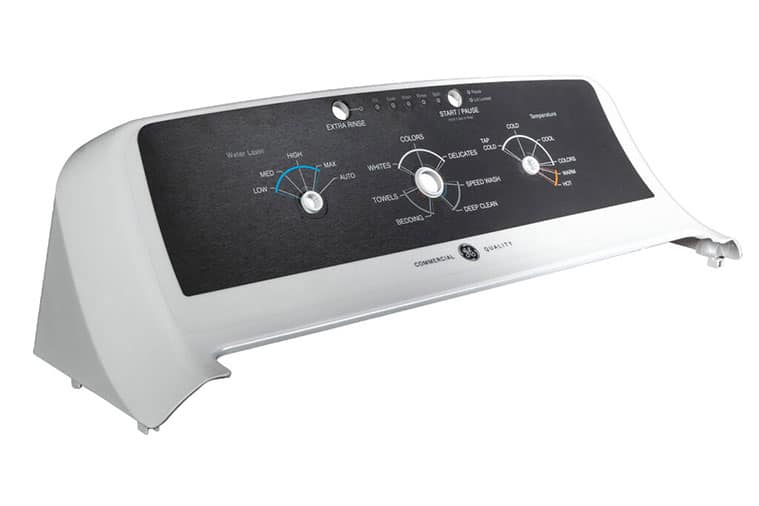
Pros and Cons of In Mold Decoration
Pros
- High Customization: You can create pieces that fit your vision.
- Unique Aesthetic: Adds a distinctive touch to any space.
- Long-lasting: Many IMD materials are durable and weather-resistant.
Cons
- Initial Cost: The cost of materials can be higher than traditional methods.
- Skill Required: Requires some level of skill and practice.
- Time-consuming: The process can take time, especially for intricate designs.
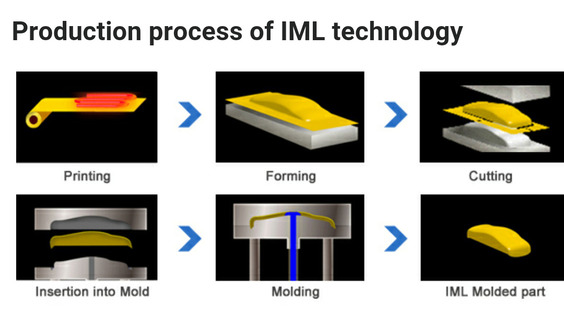
Real-Life Examples and Personal Experiences
In my journey with in mold decoration, I created a stunning feature wall in my living room using a custom mold. The process was challenging but incredibly rewarding. I found that using resin allowed me to achieve a high level of detail, which brought my design to life. The compliments from friends and family made the effort worthwhile!
Frequently Asked Questions (FAQs)
1. What materials are best for in mold decoration?
The best materials typically include plaster and resin, with resin providing a more durable finish. Your choice can depend on the design complexity and desired finish.
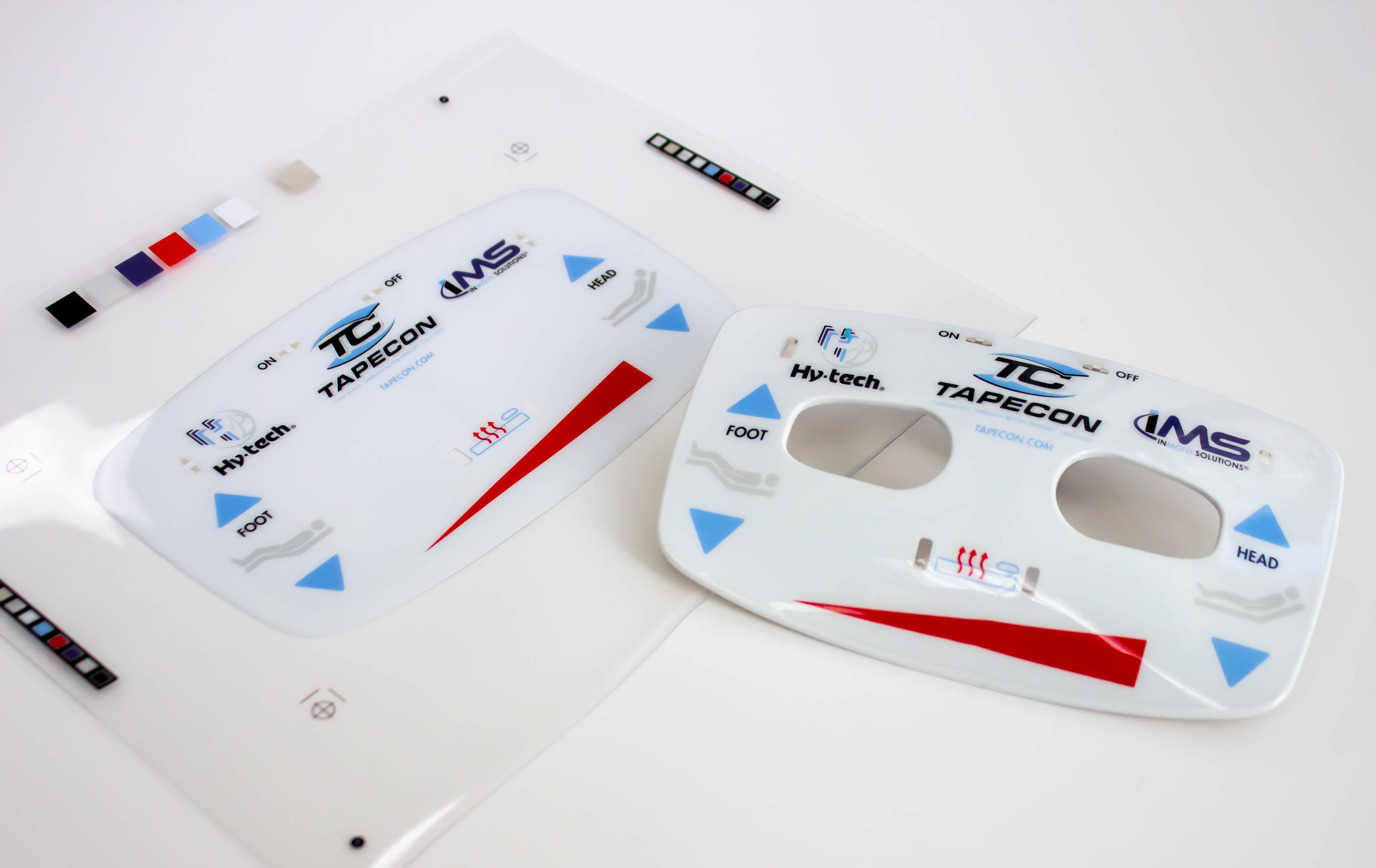
2. Can I use in mold decoration outdoors?
Yes, if you choose materials that are weather-resistant, such as certain resins, they can be used for outdoor projects.
3. How do I clean the mold after use?
Clean the mold immediately after use with warm, soapy water. Avoid abrasive materials that can damage the mold’s surface.
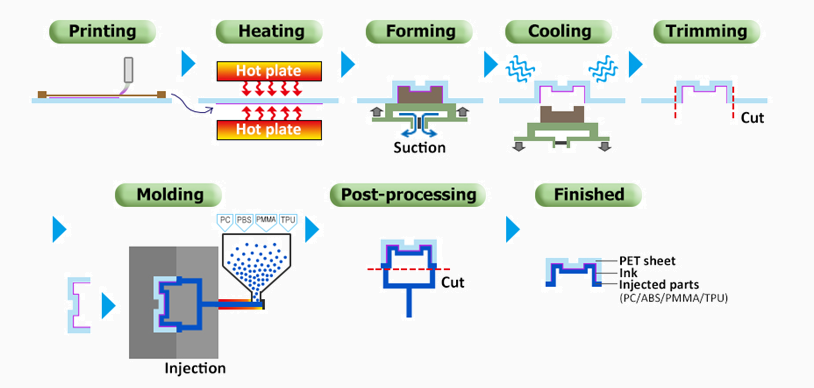
4. Is in mold decoration suitable for beginners?
While some techniques can be complex, there are simpler projects that beginners can tackle. Start small and gradually take on more intricate designs.
5. How long does it take for the material to cure?
Cure times vary by material. Plaster usually takes a few hours, while resin can take up to 24 hours or more, depending on the type.
